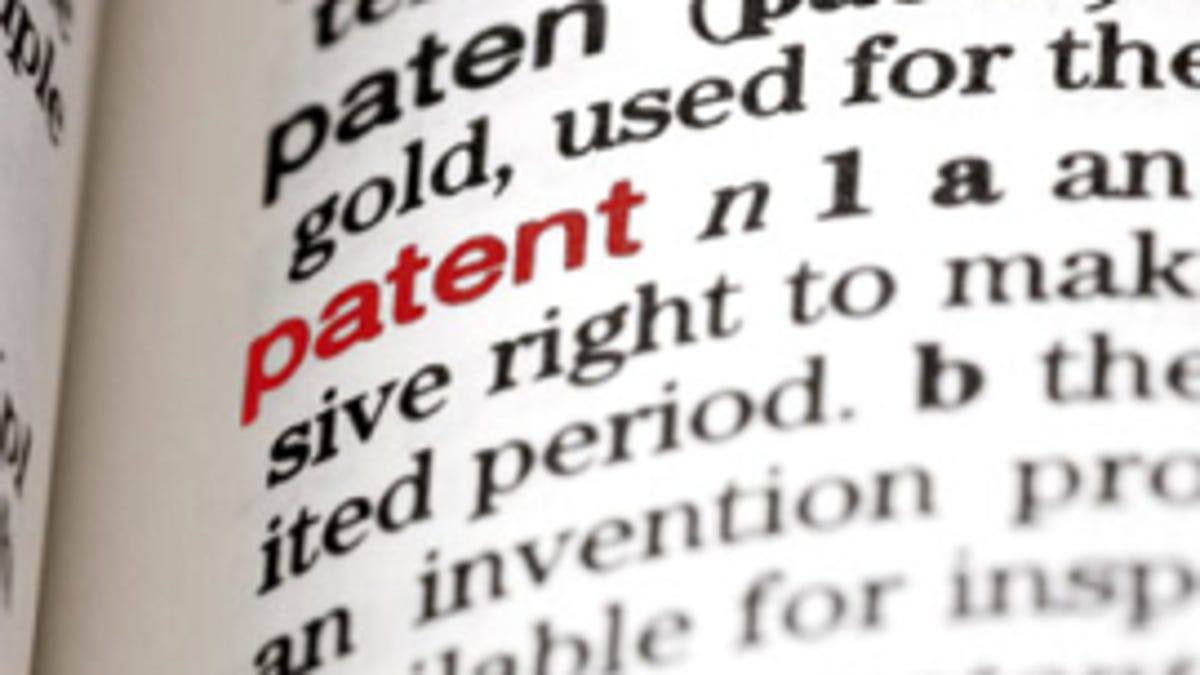Apple looks to patent earbuds that work wirelessly
The company's patent application describes a music player that can pump out songs both from a wired connection and wirelessly.

Apple has applied for a patent on wireless listening.
Dubbed "Detachable Wireless Listening Device," the patent application, which popped up on the U.S. Patent and Trademark Office site today, describes methods by which users of portable media players would be able to listen to tracks through earbuds connected to or disconnected from the device. In the event the earbuds were disconnected from the device, users would still be able to listen by way of a wireless data transmission, such as Bluetooth.
AppleInsider was first to discover the patent.
"Cords transmit the audio signal more effectively, require less power, are inexpensive, and are simpler to implement than wireless transmission techniques," Apple wrote in the application. "However, as simple and efficient as the cord may be in transmitting the audio signal, the cord is susceptible to becoming entangled while the end user is participating in physical activity."
"Therefore, what is desired are improved techniques for listening to audio provided by a personal media player during physical activity," Apple continued.
Apple's desire to deliver what are essentially wireless headphones is by no means unique. There are currently a host of companies, including LG, Plantronics, and others, that already sell wireless headphones that connect to devices via Bluetooth.
Apple's take might be slightly different, however, since when the earbuds are connected to a device -- more than likely an iPod or iPhone -- they will be charged by that product. They'll also transmit the audio through that connection. Once they go wireless, they take on the functionality seen in other products.
As with all other patents, don't expect this technology to come out anytime soon. Major companies often patent technologies to protect themselves, and have no plans to launch them publicly.

